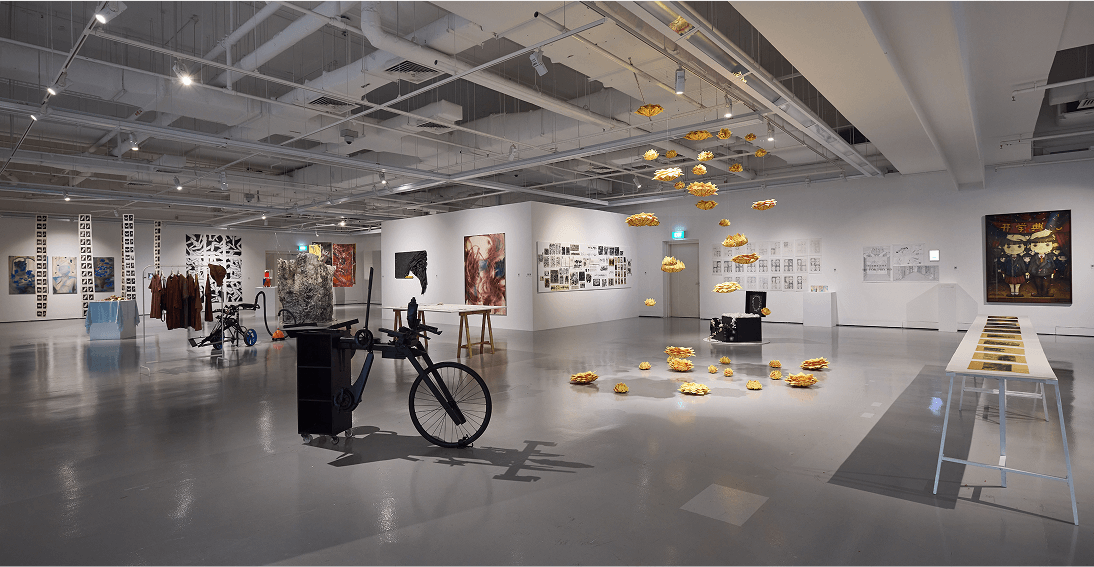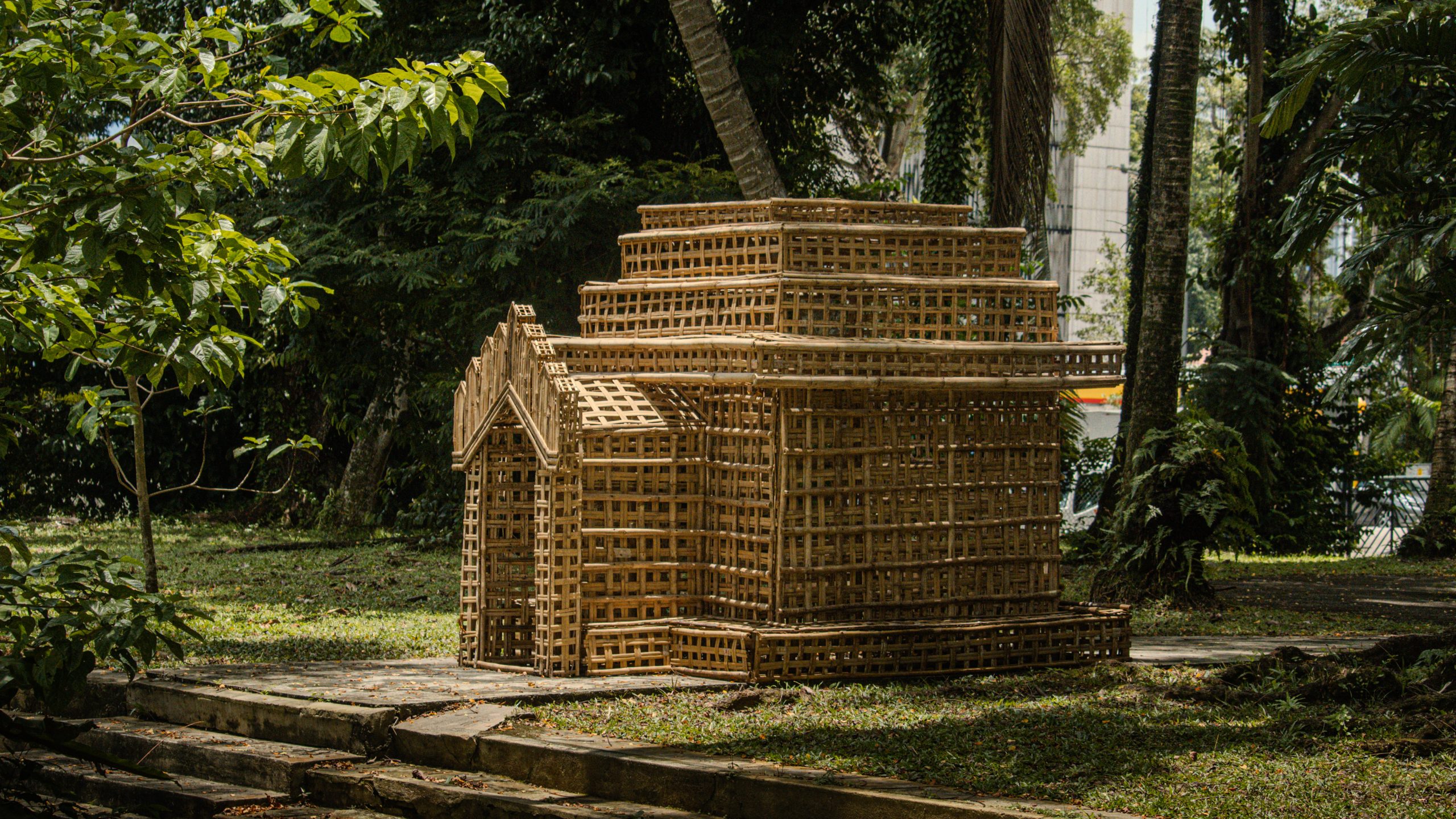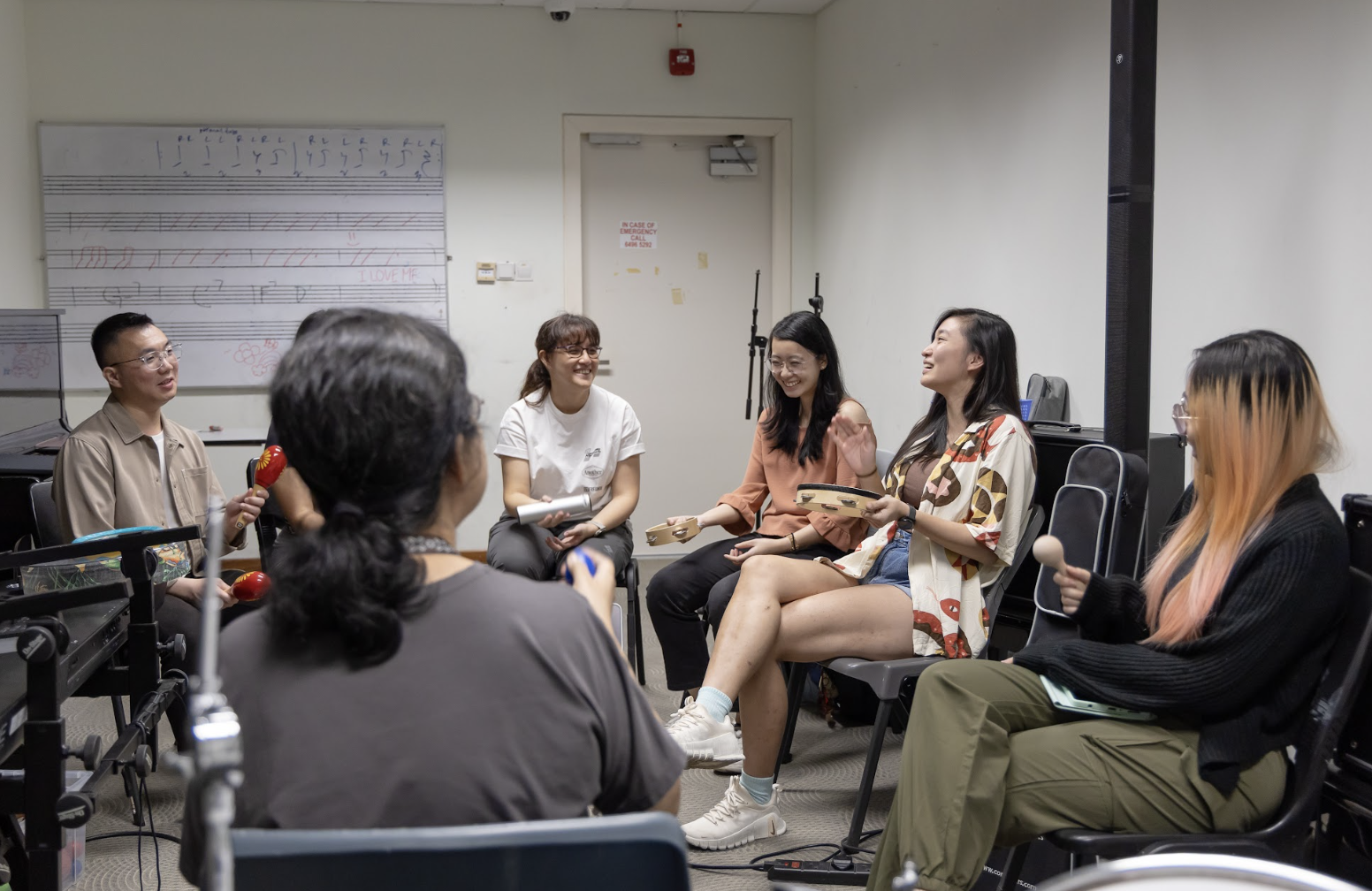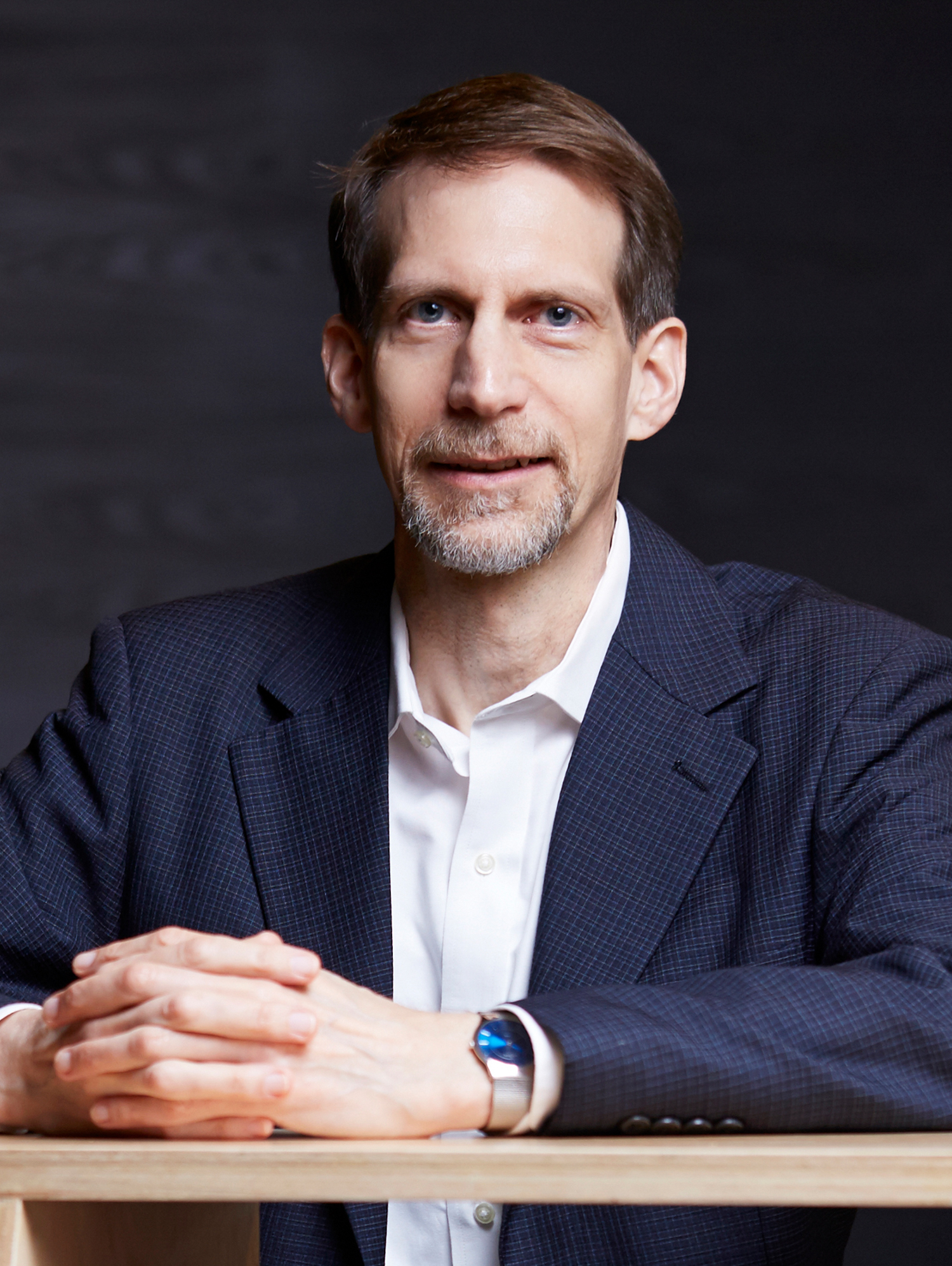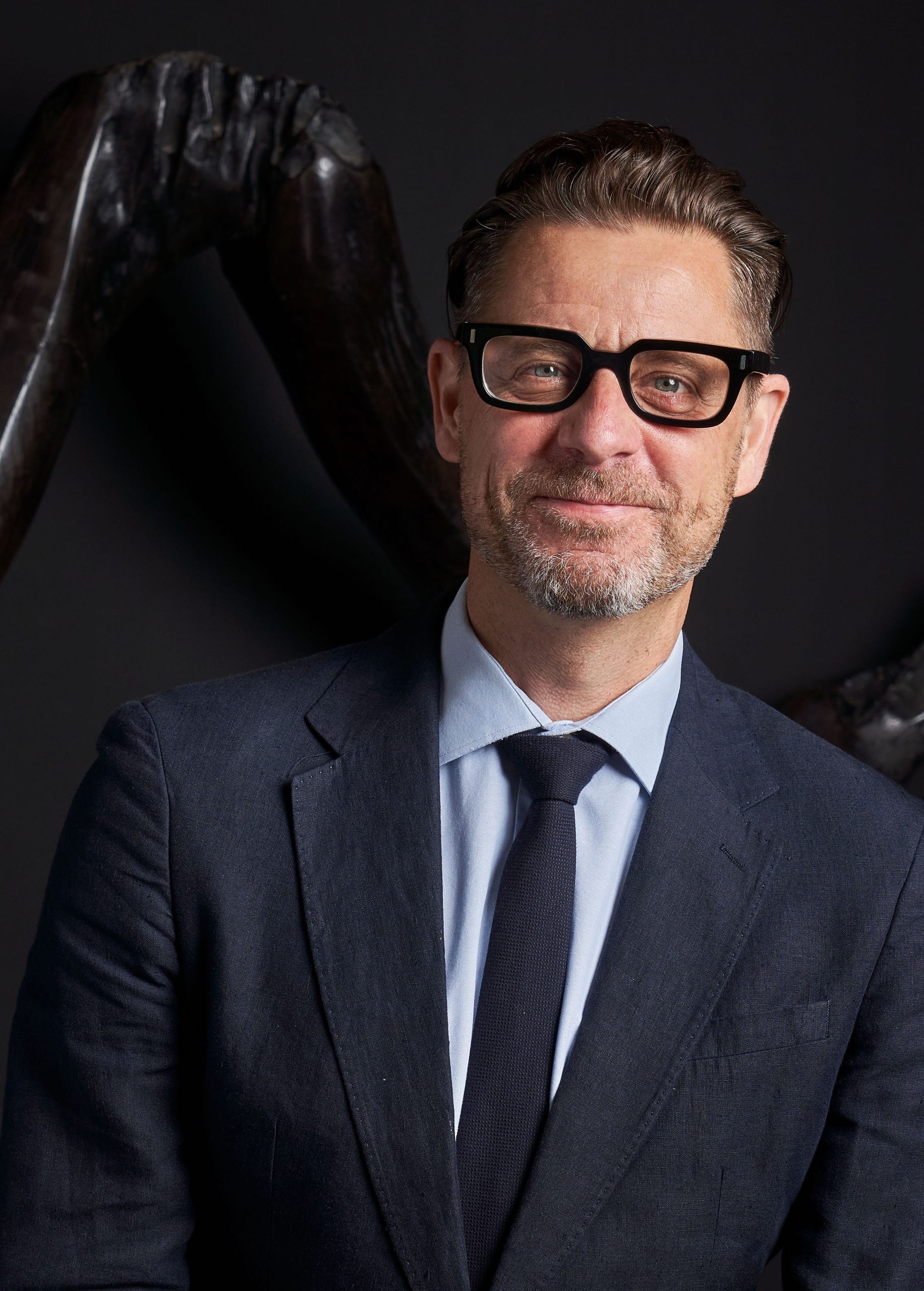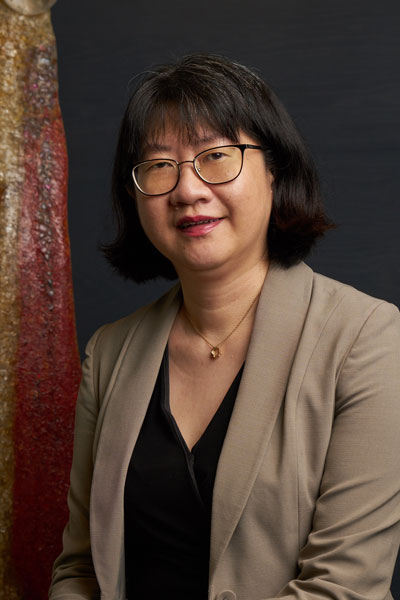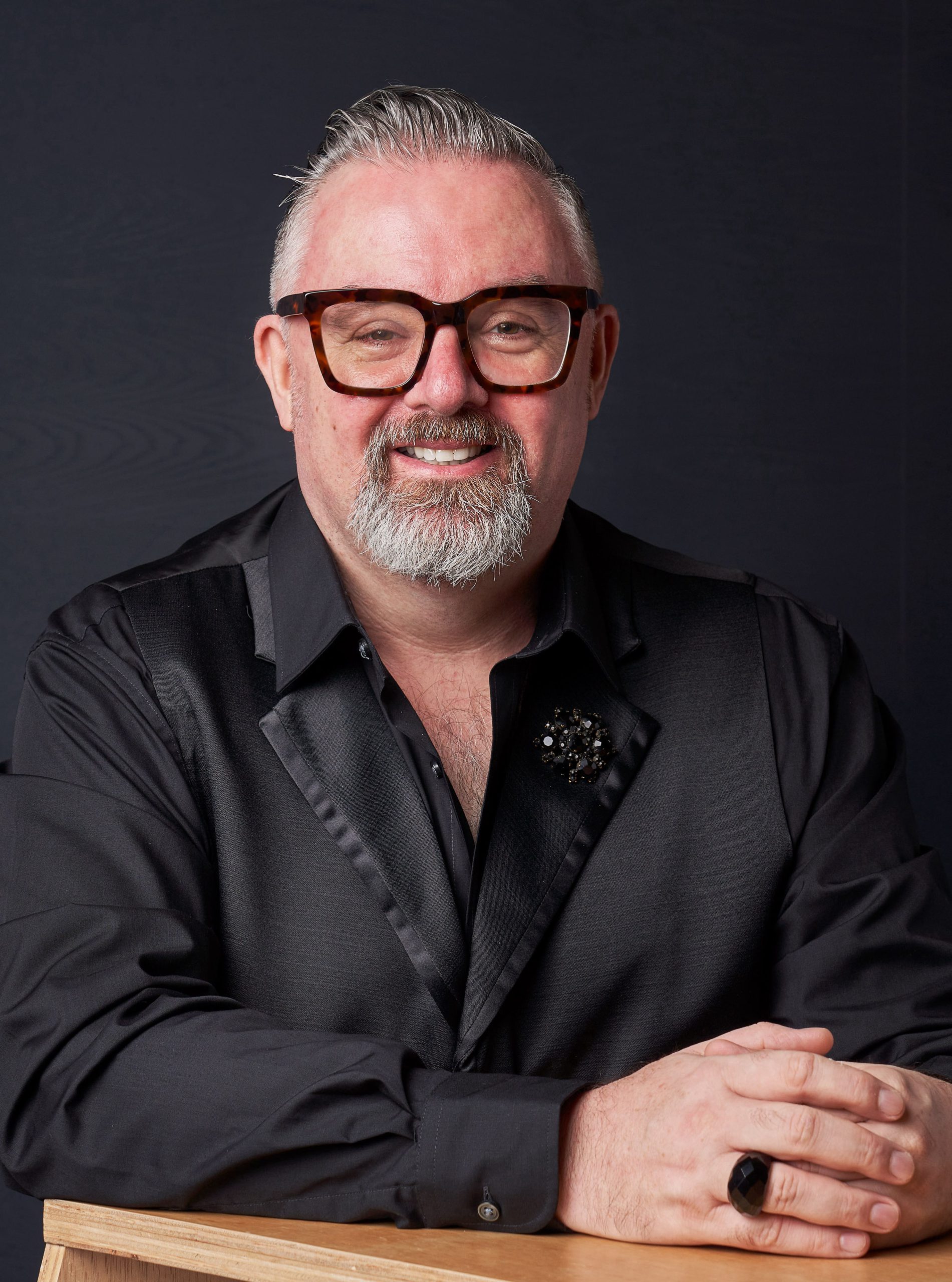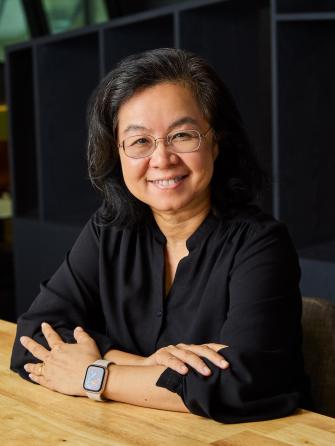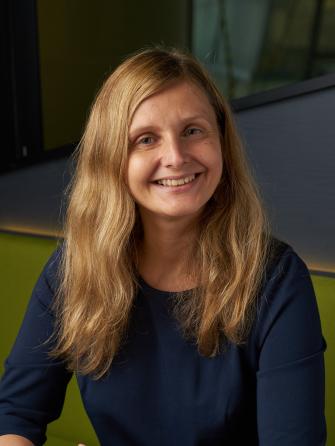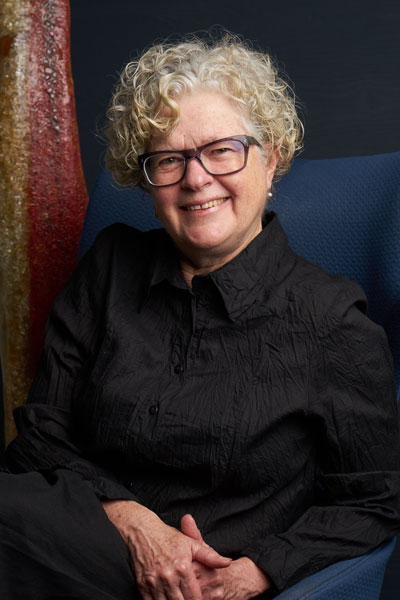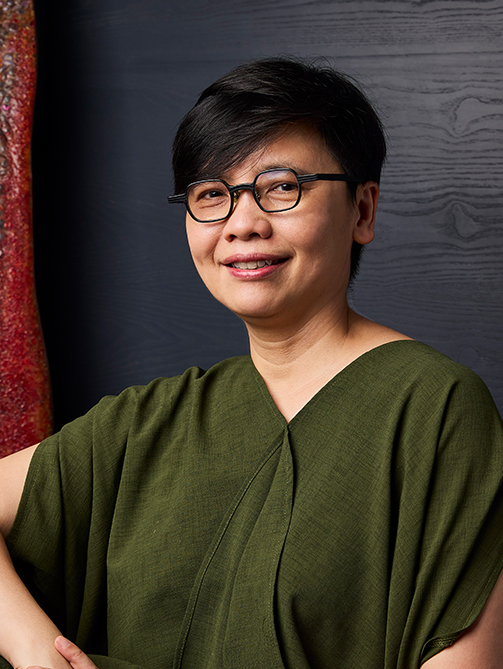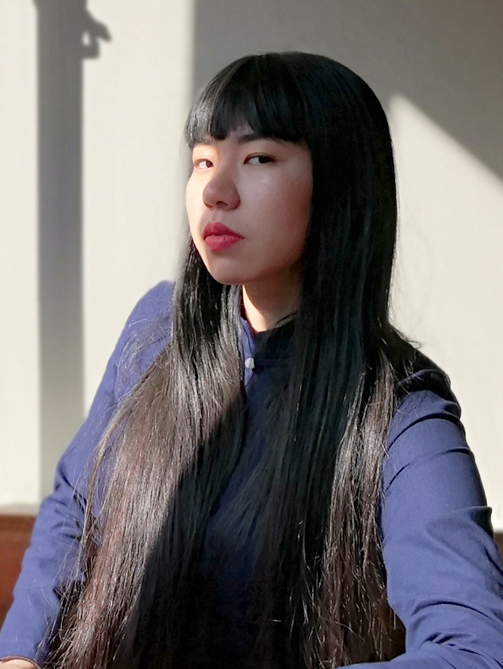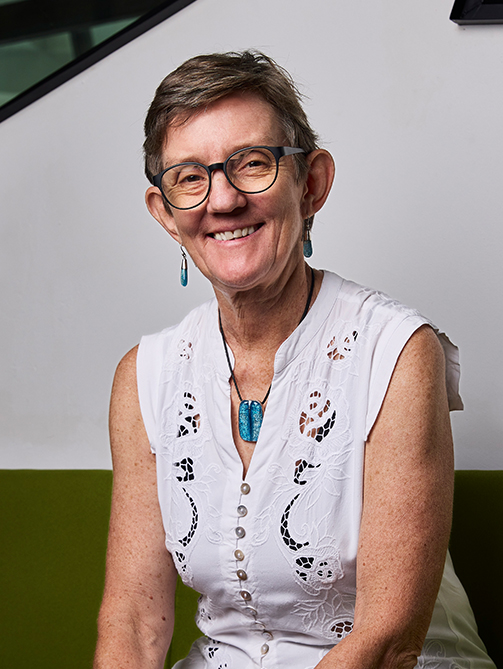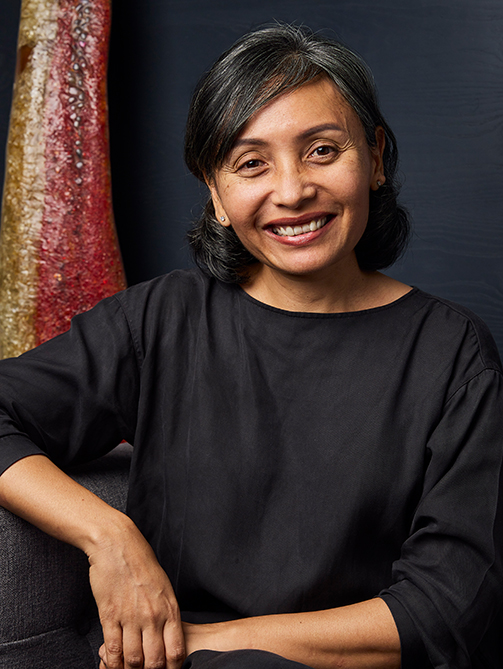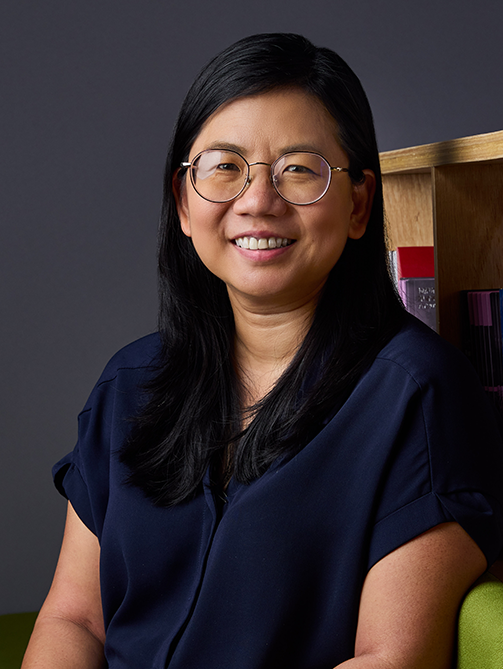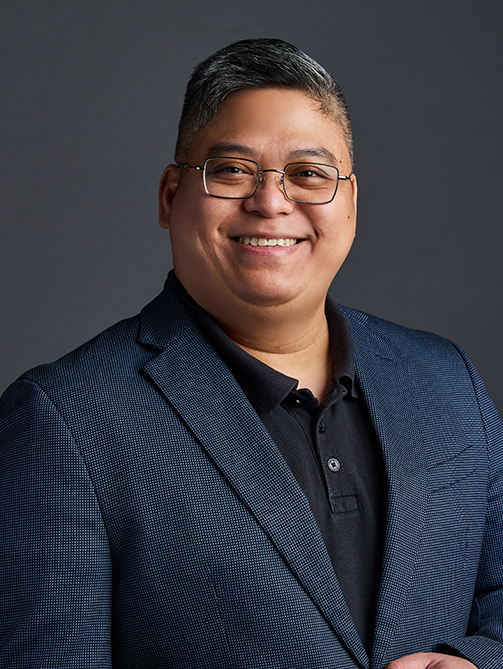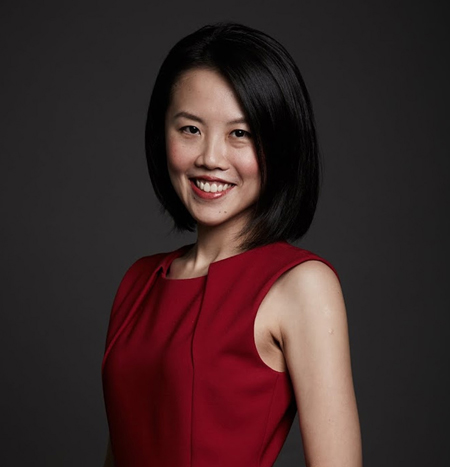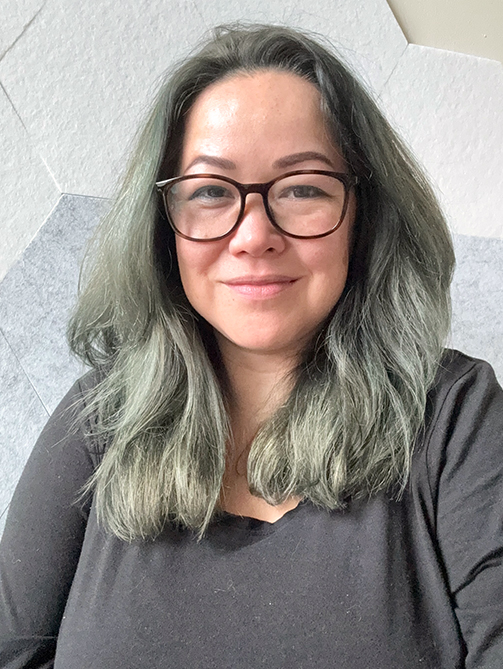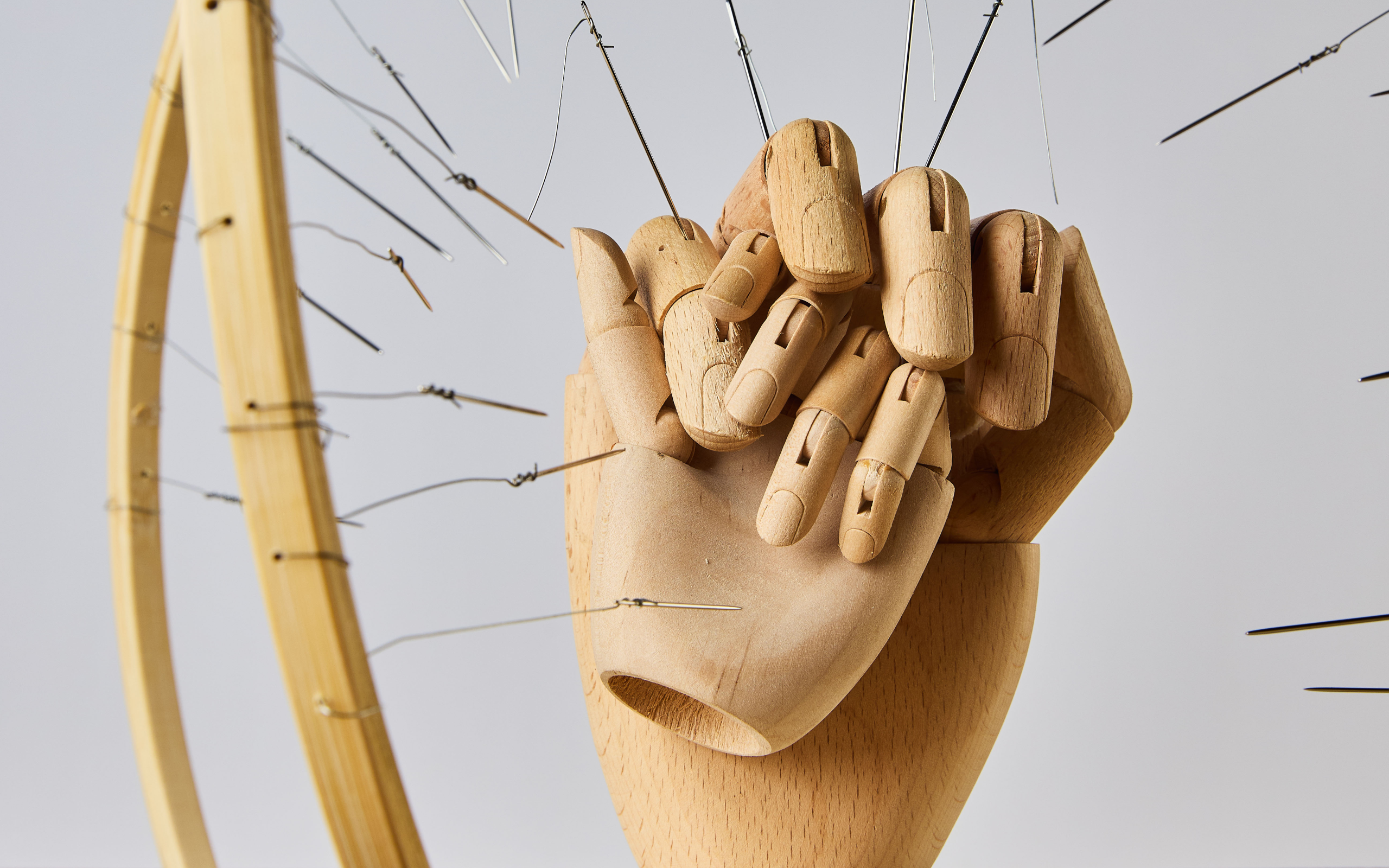Note:
Applications are closed for the following programme:
MA Art Therapy
For other MA programmes applicants:
Apply by 31 Mar 2026
Applications will close once the programme seats have been filled up. Please note that the timeline provided serves as a general guide. Actual outcome release dates may vary.
Programme details
Become a qualified music therapist and use your musical skills to improve people’s well-being.
The MA Music Therapy programme is delivered within a robust framework of musical aesthetic excellence, well-evidenced theories and rigorous clinical practice training that is informed by professional ethics, guidelines and best practices. It is the only such programme in Singapore.
You will contribute to the health, wellness and well-being of people across the lifespan of your practice that is deeply rooted in cultural contexts, including those encountered in Singapore and across the region.
The profession of music therapy is the scientifically informed use of music interventions within a therapeutic relationship that aims to provide functional, educational, rehabilitative or well-being outcomes. Music therapists have a deeply rooted identity as musicians. With education/training, this relationship with music finds new meanings in the application of musical skills, aesthetic mastery and therapeutic competencies within health-giving and health-maintaining contexts.
The practice involves working in therapeutic public health settings such as acute hospitals, community hospitals, hospices, mental health institutions, nursing homes, group homes, community centres and NGOs, as well as providing consultations and care in private practices.
Music therapists provide therapeutic services across all age-groups ranging from infants to children and adolescents, adults, and older adults (including those living with dementia). These services may be offered in such settings and contexts as paediatric units, education environments, medical facilities, and specialised care facilities including purpose-built palliative units and hospices.
Credentialed music therapists such as graduates from this programme are governed under a strict code of ethics and professional standards to ensure a high level of integrity in their practice with children and vulnerable adults.
Become a trained music therapist
First of its kind in Singapore
Vibrant creative community
Real-world learning
|
Full-time |
||
|
Orientation to Music Therapy |
15 credits |
|
|
Approaches in Music Therapy |
15 credits |
|
|
Studio Practice 2 Music Therapy Methods |
15 credits |
|
|
Clinical Applications in Music Therapy I: Children & Adolescents |
15 credits |
|
|
Clinical Placement I |
15 credits |
|
|
The Agora |
15 credits |
|
|
Clinical Applications in Music Therapy II: Adults |
15 credits |
|
|
Clinical Placement II |
15 credits |
|
|
Final Research |
15 credits |
|
|
Music Therapy in Professional Contexts and Culture |
15 credits |
|
|
Clinical Placement III |
15 credits |
|
Note: The workload will be approximately half for MA programmes offered with the part-time mode.
- Written assignment
- Seminar presentation
- Thesis or project work
- Student designed assessment
|
The LASALLE MA framework is one that aims to provide graduates with a competitive edge that will meet the demands of the dynamic cultural and creative sector. The MA framework has the following common structure: |
|
|
Core modules |
You will study three core modules* according to your chosen programme of study. These modules aim to equip you with discipline-specific skills relevant to your area of research inquiry. *For the MA Art Therapy and MA Music Therapy programmes, there will be additional modules for clinical placements. |
|
Common module – the Agora |
The common module, the Agora, has been designed to prepare you for the intensely collaborative experience of a creative career. You will be guided to reflect on the ‘place’ of your particular discipline in society, the economy and the environment. You will consider and experiment with combining your discipline with others (multidisciplinary), blending your skills and knowledge with those of other disciplines (interdisciplinary) or even discovering new ways of working together (transdisciplinary). |
|
The Final Research module |
Research methods will be embedded into the Final Research (thesis) module. Within this module, formal and dedicated ‘research weeks’ will occur in the first and second semesters. The research weeks will be distinctive points within your programme to allow you to concentrate fully on your research. The spread of its delivery is intended to provide you time to reflect, synthesise and consolidate your learning, and develop your research questions. You will also be provided six hours of supervision of your research. Besides the immersion in the postgraduate research culture built through shared learning modules, the MA framework provides a transformative educational experience designed to shape you into a future-ready professional, equipped with the skills and expertise demanded by the industry. |
LASALLE uses a 5–point Grade Point Average (GPA) system, which will be applicable to all students admitted with effect from AY2024/25, to track students’ academic progress throughout their studies.
Students receive letter grades for each module taken. Each grade corresponds to a grade point as shown below:
| LETTER GRADE | GRADE POINT |
| A+ | 5.0 |
| A | 5.0 |
| A– | 4.5 |
| B+ | 4.0 |
| B | 3.5 |
| B– | 3.0 |
| C+ | 2.5 |
| C | 2.0 |
| D+ | 1.5 |
| D | 1.0 |
| F | 0.0 |
The Cumulative Grade Point Average (CGPA) represents the grade point average of all modules attempted by the student. A minimum CGPA of 2.50 is required for graduation.
The computation of CGPA is as follows:
All modules, including repeat attempts, are included in the computation of the CGPA with the exception of modules that are exempted or where students were absent with valid reasons.
The classification of award and corresponding CGPA requirement are as follows:
| CGPA RANGE | CLASSIFICATION OF AWARD |
| 4.50 – 5.00 | MA (Distinction) |
| 2.50 – 4.49 | MA |
LASALLE recognises the important role of artists and designers in creating a sustainable and caring world. The curriculum provides opportunities for students to identify and explore issues around sustainability (from ecology and global climate change to the sustainability of their own creative practices and wider cultural communities) and care (for the well-being and advancement of oneself and others).
The College actively encourages students to engage with and investigate these crucial contemporary issues as part of their studies, including through their projects, and critical and creative outputs. Through interdisciplinary learning and strong engagement with these topics, the aim is to empower students to lead the way towards sustainable practices and caring communities within the cultural and creative industries.
Basic materials for learning are provided by the College.
As a developing artist, you are required to have certain items that are personal to you and cannot be shared. Such items include books, dance shoes, rehearsal clothes, safety boots, portable musical instruments, paints, canvas, basic tools, design software, cameras, etc., that will support you through your three-year learning journey. The College does not encourage the purchase of extravagant or costly materials or equipment. Our lecturers can provide you with affordable suggestions.
You are also encouraged to have your own laptop for education. If you do not own one, computer labs are available on campus with requisite software for you to undertake your work.
There may be opportunities for you to undertake extra-curricular study trips to enhance your overall learning. Trips are not compulsory and may incur additional costs.
Music therapist in hospitals, schools, health and community settings or private music therapy practitioner.
Admissions information
- A bachelor’s degree from a recognised local or international institution.
- A minimum of IELTS Academic 7.0, TOEFL iBT 100 or PTE Academic 65 for applicants from countries where English is not the first language or whose qualifications are obtained from institutions where English is not the medium of instruction.
Music requirements
Proficiency in at least one principal musical instrument. Functional skills in guitar and piano/keyboard (if neither are principal instruments).
Applicant statement
Submit an essay in 500–650 words highlighting the research interests that you wish to explore in this particular programme. You should also indicate your reasons for applying to this programme and how they relate to your future professional plans. Please provide a description of your music background, and music identity, e.g. impact of music in your life, important pieces of music related to significant life events (if any). In addition, please illustrate why you feel you could use music to help people i.e. what is your motivation to help? You are required to submit this online.
Notes:
– All submitted materials (including applicant statement) should be original works created by you and not assisted with AI tools.
Reference letter
Provide two reference letters to support your application. You are required to upload your reference letters online during your application.
Audition
An audition will be required for all shortlisted applicants as part of the selection process. You will need to prepare the following for audition:
– Two pieces played/sung in contrasting styles on your principal musical instrument/voice. Principal musical instruments may include, but limited to: i) Western classical instruments e.g. piano, violin, flute, harp etc., ii) digital/electronic instruments e.g. electric guitar, electric bass etc. and iii) ethnic instruments e.g. erhu, sitar, harmonium, gamelan etc.
– Sing one song (any genre) self-accompanied on piano/keyboard.
– Sing one song (any genre) self-accompanied on guitar.
– Sight-read/sing a simple three-chord song provided by the interviewer, you are to self-accompany with an appropriate accompanying instrument of your choice.
– Transpose the above simple song into any keys as requested by the interviewer. You are to sing the transposition on an appropriate accompanying instrument of your choice.
– One free improvisation with a theme given by the interviewer.
Due to time constraints, you may not be asked to play the entire piece/song. The interviewer may stop you at any time, however, you should attempt to demonstrate your musicality, aesthetic expressiveness and technical competence in your playing. In the free improvisation, you should rely on your aesthetic musicality and musical expression to relate musical ideas to emotions, events, or scenarios.
Interview
During the interview, you are required to participate in a dialogue regarding the purpose of your application. Please be prepared to talk about the research interests that you wish to explore, your background, what inspires you and your influences. We would like to find out what motivates you to learn, explore and experiment in your areas of interest. You should also share how you think the programme will benefit you in your future career choices or develop your research interests.
In preparation for the interview, you may want to visit these online resources to have a foundational understanding of the discipline:
Association for Music Therapy (Singapore) http://musictherapy.org.sg/
Voices – A World Forum for Music Therapy https://voices.no/index.php/voices/index
American Music Therapy Association https://www.musictherapy.org/
Australian Music Therapy Association https://www.austmta.org.au/
British Music Therapy Association https://www.bamt.org/
International applicants
If you are unable to attend the interview/audition at LASALLE, an online interview will be arranged for you.
Other requirements
Priority will be given to those with a music degree e.g. music education, performance, music pedagogy, music history, theory and composition, or degrees from related fields such as psychology, neuroscience, social work, special education, health sciences, or counselling.
You are also required to:
- Commit to undergoing weekly personal therapy for the duration of the programme.
- Sign a suitability declaration indicating whether you have any criminal record and/or history at the point of admission to the programme*.
- Complete an Occupational Health Declaration, verified by a medical physician prior to admission to the programme. Both forms can be obtained from the Division of Admissions.
Both forms can be obtained from the Division of Admissions.
* Please note that given the nature and sensitivity of confidential case materials, professional and ethical best practices and the potential vulnerability of the clientele, many clinical placement settings as well as potential employers require a mandatory background security check for potential student interns.
MA tuition fees for August 2026 intake
| PROGRAMME | DURATION | FEES PER SEMESTER | TOTAL |
|---|---|---|---|
| SINGAPOREANS/SINGAPORE PR/INTERNATIONAL | SINGAPOREANS/SINGAPORE PR/INTERNATIONAL | ||
| MA Art Therapy | 2 years | S$10,764 | S$43,056 |
| MA Music Therapy | 2 years | S$10,764 | S$43,056 |
| PROGRAMME | DURATION | FEES PER SEMESTER | TOTAL |
|---|---|---|---|
| SINGAPOREANS/SINGAPORE PR/INTERNATIONAL | SINGAPOREANS/SINGAPORE PR/INTERNATIONAL | ||
| MA Arts and Cultural Leadership | 1 year | S$10,500 | S$31,500 |
| MA Arts and Ecology | 1 year | S$10,500 | S$31,500 |
| MA Arts Pedagogy and Practice | 1 year | S$10,500 | S$31,500 |
| MA Asian Art Histories | 1 year | S$10,500 | S$31,500 |
| MA Creative Writing | 1 year | S$10,500 | S$31,500 |
| MA Design | 1 year | S$10,500 | S$31,500 |
| MA Fine Arts | 1 year | S$10,500 | S$31,500 |
| All MA programmes (part-time mode)* |
2 years | S$5,250 | S$31,500 |
Fees include 9% GST from 2024. Fees are subject to change and correct as at August 2025.
* With the exception of MA Art Therapy and MA Music Therapy, which are available only in full-time mode.
A non-refundable application fee (inclusive of GST*) is chargeable per application. Application is only complete upon receipt of your application fee and all necessary documents. Please ensure your application fee is paid and documents are uploaded after you have received an email that your applicant profile has been created. LASALLE reserves the right to withdraw the applicant if the application fee remains unpaid and documents are not received by the due date.
* GST is at 9% from 2024.
| SINGAPOREAN / SINGAPORE PERMANENT RESIDENT APPLICANTS | INTERNATIONAL APPLICANTS |
| S$75 | S$120 |
All payment to LASALLE must be made in Singapore Dollar. In line with the Singapore government's move towards a cashless society, online payments are strongly encouraged. Below are the payment modes acceptable by LASALLE.
| PAYMENT METHOD | PAYMENT MODE |
|---|---|
| Online payment |
Flywire |
Basic materials for learning are provided by the College.
As a developing artist, you are required to have certain items that are personal to you and cannot be shared. Such items include books, dance shoes, rehearsal clothes, safety boots, portable musical instruments, paints, canvas, basic tools, design software, cameras, etc., that will support you through your three-year learning journey. The College does not encourage the purchase of extravagant or costly materials or equipment. Our lecturers can provide you with affordable suggestions.
You are also encouraged to have your own laptop for education. If you do not own one, computer labs are available on campus with requisite software for you to undertake your work.
There may be opportunities for you to undertake extra-curricular study trips to enhance your overall learning. Trips are not compulsory and may incur additional costs.
Medical Insurance Scheme
All full-time students of LASALLE are required to be covered under the Medical Insurance Scheme (MIS). The annual coverage of S$20,000 includes school-related activities throughout the programme duration.
The current premium rate is $29.98 (inclusive of 9% GST) payable each semester. This premium rate is subject to change based on the prevailing premiums charged by the insurer and prevailing GST rate.
In recognition of outstanding academic excellence, leadership potential, and a passion for creativity and innovation, LASALLE offers a variety of scholarships to new and current students.
Application dates for scholarships will be reflected in the various scholarship pages. Other externally sponsored scholarships are also available to students. Enquiries and applications may be directed to the respective organisations.
Please note that miscellaneous fees are not covered by scholarships, bursaries or the Mendaki Tertiary Tuition Fee Subsidy (TTFS).
We are committed to providing a quality education for all our students, and believe that no deserving student should be denied admission because of financial difficulty.
A range of financial assistance schemes, grants and loans are made available to help meet a portion of the educational expenses of students.
Application dates for financial assistance will be reflected in the various bursary pages.
Please note that miscellaneous fees are not covered by scholarships, bursaries or the Mendaki Tertiary Tuition Fee Subsidy (TTFS).
If this is your first time venturing into Asia, here are some of the reasons why Singapore is an ideal place for the global-minded arts student.
The College provides a dynamic learning environment that is conducive for you to pursue academic excellence and develop skills, creativity and critical reflection through a comprehensive range of student support services.
Let our appointed network of overseas representatives help you with your application.
Find out everything you need to know to ensure that your application goes without a hitch.
Highlights
Explore our highlights
International Conference on the Short Story in English Short Story Competition
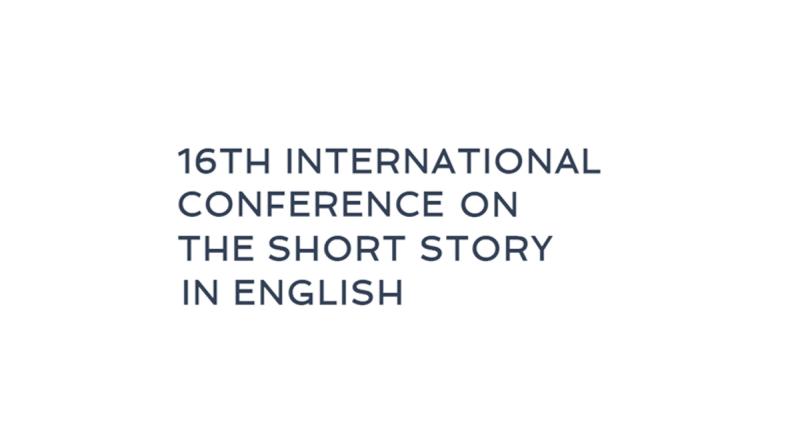
Golden Point Award
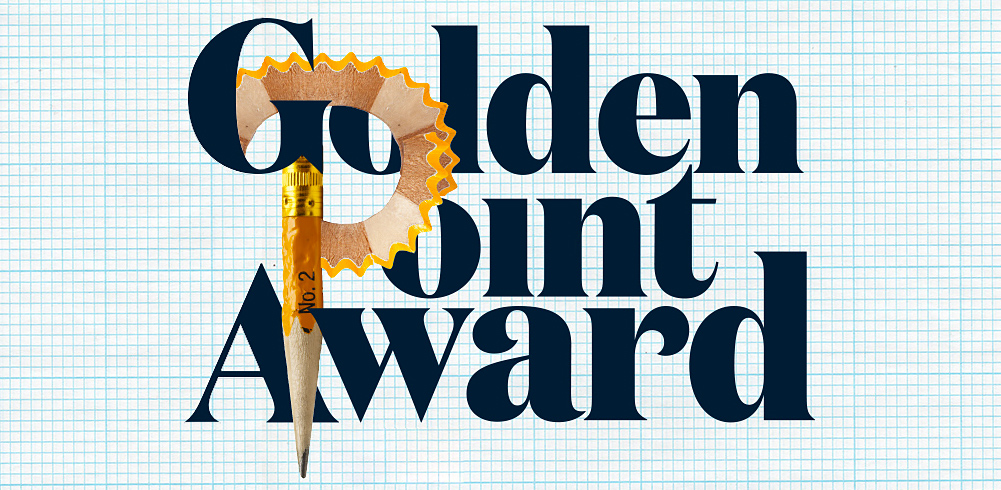
Singapore Youth Award
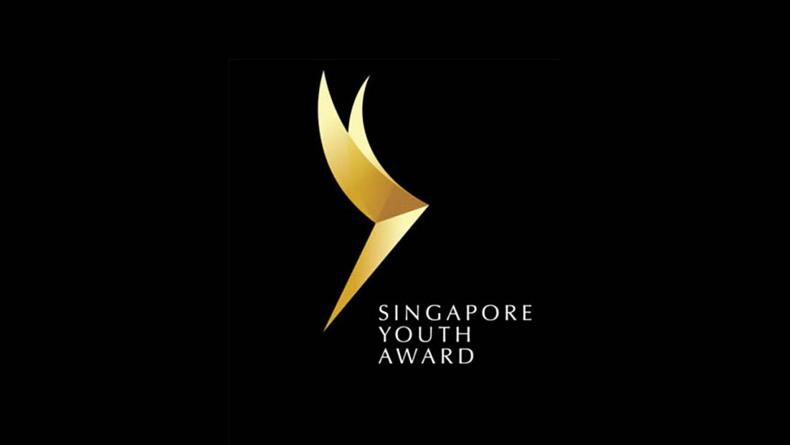
Faculty
Campus tour
